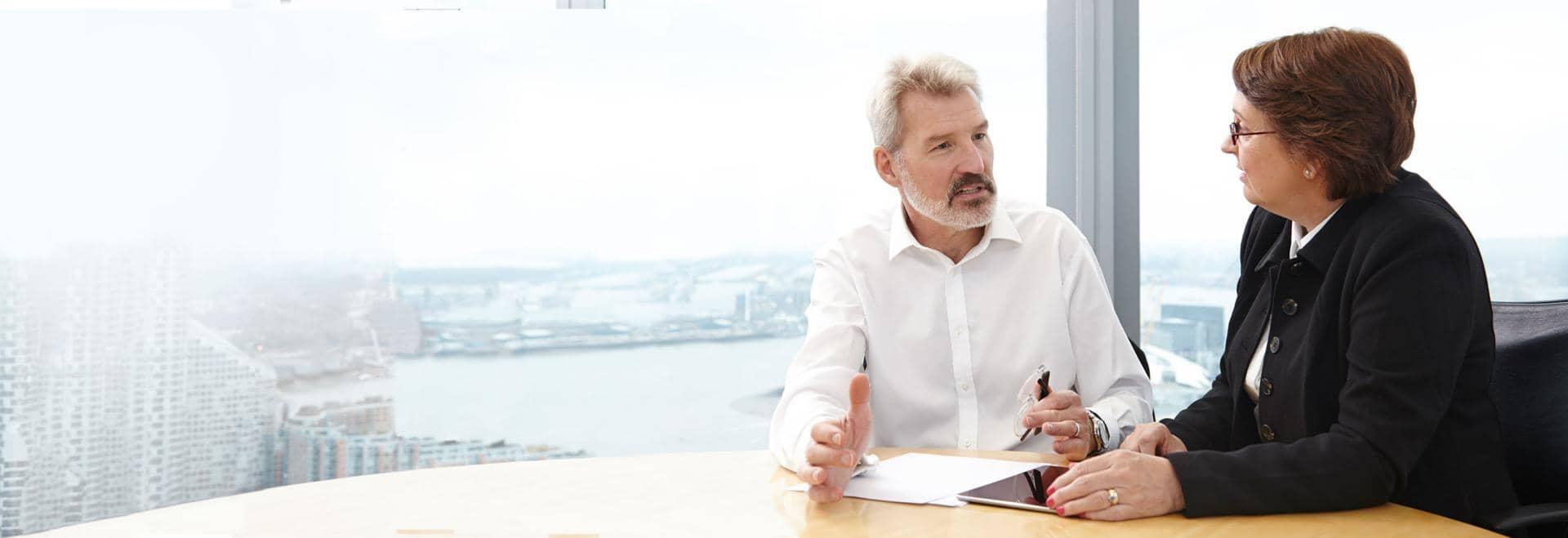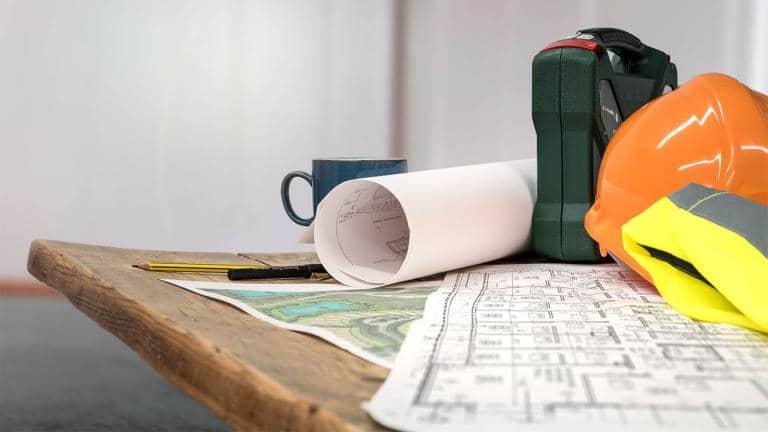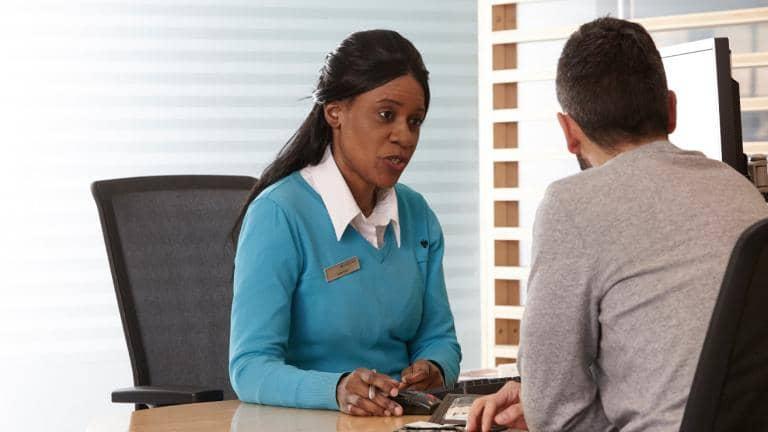
Barclays for intermediaries
Let’s build business together
We want to help you and your clients succeed. By working together and sharing expertise, we can help businesses of all sizes to develop and grow.
Our dedicated team of Business Development Managers in your region can help you explore your options.











